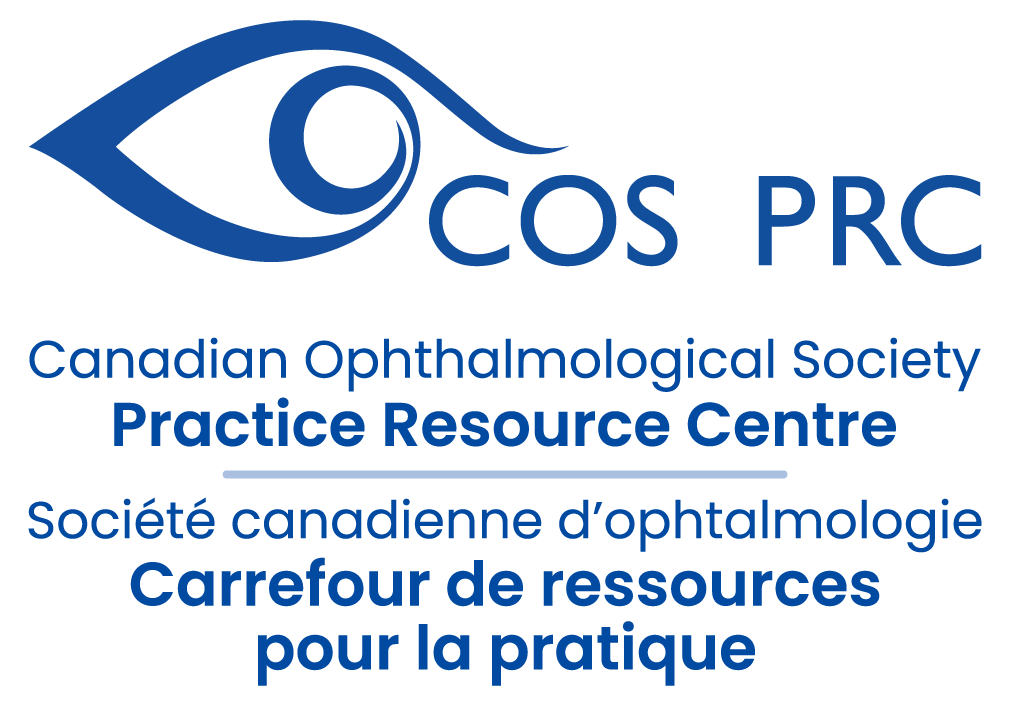Ocular Mucous Membrane Pemphigoid Course
Location: Virtual – access the course HERE
Mucous membrane pemphigoid (MMP) is a cicatricial autoimmune disease primarily affecting mucous membranes of the conjunctiva, oral cavity, nasopharynx, oesophagus and genitals. Ocular involvement occurs in approximately 80% of cases, highlighting the importance of early diagnosis to prevent irreversible damage and potential blindness.
Authors: Melissa Lu (MD), Fady Sedarous (MD, FRCSC), Mona Harissi-Dagher (MD, FRCSC)
Learning objectives: Upon completion of this module, learners will gain a comprehensive understanding of the pathophysiology, clinical signs, diagnostic and treatment principles of ocular mucous membrane pemphigoid (OMMP), enabling them to apply this knowledge in clinical practice.
Target audience: Ophthalmology residents and ophthalmologists.
DOVS RESIDENT TEACHING – IN PERSON – No teaching this week
Date:
Time:
Location:
Title:
Speakers:
The VPP Grand Rounds Local and Visiting Professor Program is a self-approved group learning activity (Section 1) as defined by the Maintenance of Certification program of The Royal College of Physicians and Surgeons of Canada.
Understanding Uveal Melanoma: A Rare but Serious Eye Cancer
Submitted by: Joshua Huang
Reviewed and approved by: Dr. Marie-Josée Aubin, Dr. Anne Xuan-Lan Nguyen
What is Uveal Melanoma?
Uveal melanoma (commonly referred to as ‘intraocular melanoma’) encompasses melanomas that arise in the iris, ciliary body, and choroid, all of which make up the uvea or uveal tract. The uvea is the second most common location for the development of melanoma, after the skin, and uveal melanoma is the most common primary intraocular cancer in adults. Although it is rare (it affects 5 adults out of 1 million people each year), it can lead to vision loss, eye loss and even death.
Symptoms
Although most patients are asymptomatic, symptoms can include:
- Blurry vision
- Flashes or photopsia
- Floaters or spots in your vision
- Visual field loss
- Visible dark spot on your iris
- Pain (uncommon)
Risk Factors
- Older individuals (peak age of 70)
- Existing skin moles,iris or choroidal nevi
- Fair skin and light eye colour
- Skin that burns easily with an inability to tan
- Arc welding
- Indoor suntan bed use
- Note: Although sunlight is a risk factor for cancers of the skin and the ocular surface, its association with uveal melanoma is controversial and has not been established
Diagnosis
- Complete eye examination, including a dilated view of the back of the eye (fundus)
- Ocular ultrasonography (B-scan)
Treatment Options
- Based on size and location
- Includes observation, resection, radiation therapy, or enucleation
- Immunotherapy if the cancer has spread (metastasis)
Conclusion
Despite advancing uveal melanoma treatment modalities, there has been no change in survival over the last 50 years. Therefore, awareness and prevention are critical to improving outcomes. talk to your doctor or eye care provider for a complete annual eye exam.
The Canadian Ophthalmology Mentorship Program (COMP)


The Canadian Ophthalmology Mentorship Program (COMP) is an annual national mentorship program that connects 3-4 Canadian medical students per ophthalmology resident mentor for the purposes of networking, career exploration, and community building. Recruitment is now open for ophthalmology resident mentors and Canadian medical student mentees.
Sign-ups are open till September 22, 2023.
Link to sign up: tinyurl.com/738u8h8e.
Contact [email protected] with any questions.



